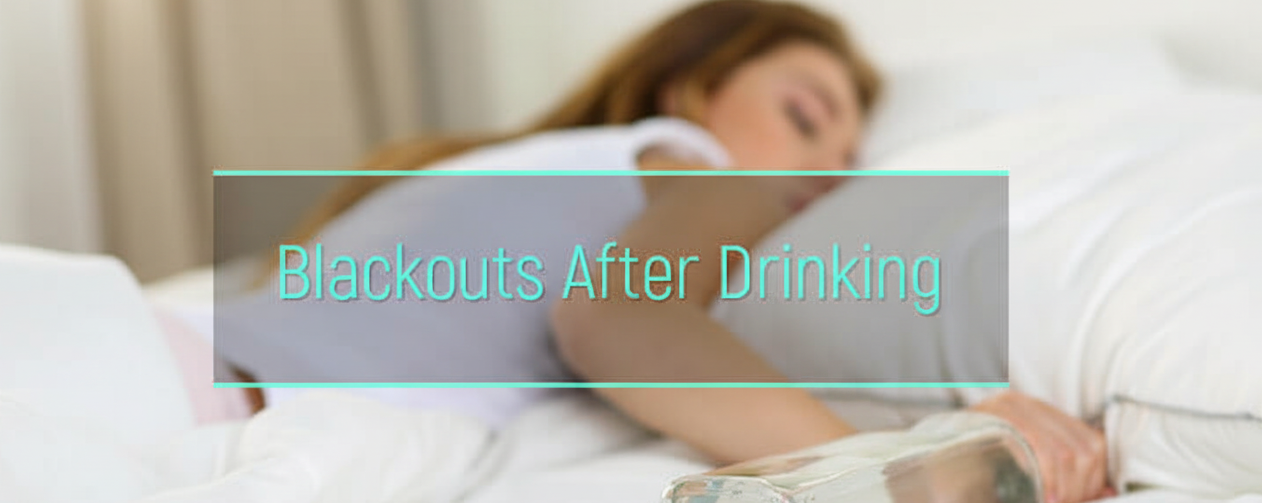The term “blackout drunk” is commonly used in media and party culture, often for humor. However, alcohol blackouts are extremely dangerous. To reach this point, a person must drink heavily, putting themselves at risk of alcohol poisoning. During blackouts, drinkers often engage in risky behaviors they wouldn’t normally attempt, known as alcohol blackout behaviors. Since memory is impaired, they may be unable to recall events or seek help if something goes wrong.
For both the drinker and their loved ones, this is alarming. Here’s what you need to know about alcohol-induced memory loss.
Table of Contents
- What Is an Alcohol Blackout?
- Signs and Symptoms
- How Alcohol Affects Memory
- Effects of Alcohol Blackouts
- Are Frequent Blackouts a Sign of Alcoholism?
- Getting Help
What Is an Alcohol Blackout?
There’s a common misconception that blacking out simply means passing out. While someone who is blackout drunk may lose consciousness, the key feature is memory loss.
A blackout occurs when someone drinks so much that parts of the drinking episode cannot be remembered. Memory loss can be partial—called brownouts—or involve entire periods, like an entire night of drinking.
During a blackout, drinkers may appear outwardly normal—they can walk, talk, and interact socially. Their behavior may seem bolder or uncharacteristic, but those around them often do not realize anything is wrong.
Blackouts vs. Alcohol-Induced Amnestic Disorder:
- Blackouts are short-term effects of heavy drinking.
- Alcohol-induced amnestic disorder is a long-term condition, permanently impairing the brain’s ability to form long-term memories, even when sober.
Signs and Symptoms of Alcohol Blackouts
Blackouts are dangerous not only for the drinker but also for those around them. Friends or family may assume the person is just “a little drunk,” which can lead to misunderstandings or unsafe situations.
Common signs of blackout drinking include:
- Slurred speech or losing the train of thought
- Trouble walking in a straight line; frequent bumping or falling
- Difficulty standing still; swaying or leaning
- Forgetting recent conversations or events
- Uncharacteristic behaviors (e.g., removing clothing in public)
- Risky actions such as unprotected sex or drinking and driving
- Aggression or alcohol blackout rage
- Impulsive behavior without thinking of consequences
How Alcohol Impairs Memory
Alcohol primarily interferes with the brain’s ability to form long-term memories, while leaving previously stored memories intact. Short-term memory in the frontal lobe is not transferred to the hippocampus, where long-term memories are stored. As a result, memories formed during a blackout are lost forever.
This explains why a person can walk, talk, and function during a blackout yet later have no recollection of their actions.
Effects of Alcohol Blackouts
Memory loss is the primary effect, but blackouts carry broader risks:
Physical Effects:
- Headaches, vomiting, bloodshot eyes
- Risk of alcohol poisoning
- Sleep disturbances and nightmares
- Difficulty breathing and excessive sweating
- Impaired concentration
Social and Behavioral Effects:
- Poor judgment and risky behavior
- Damaged relationships due to unfiltered speech
- Vulnerability to exploitation or accidents
Are Frequent Blackouts a Sign of Alcoholism?
A single blackout can happen to anyone who binge drinks, regardless of experience. However, frequent blackouts are a red flag. They indicate recurring binge drinking, which can be a sign of alcohol use disorder or alcoholism. Regularly drinking to the point of blacking out causes long-term physical, emotional, and social harm.
Getting Help
Anyone engaging in blackout drinking should seek help immediately. Treatment may include:
- Medical supervision for withdrawal symptoms
- Therapy for alcohol use disorder
- Rehabilitation programs tailored to the severity of addiction
Even severe alcohol problems can be treated. There are many resources and treatment options available to help drinkers regain control of their lives.
